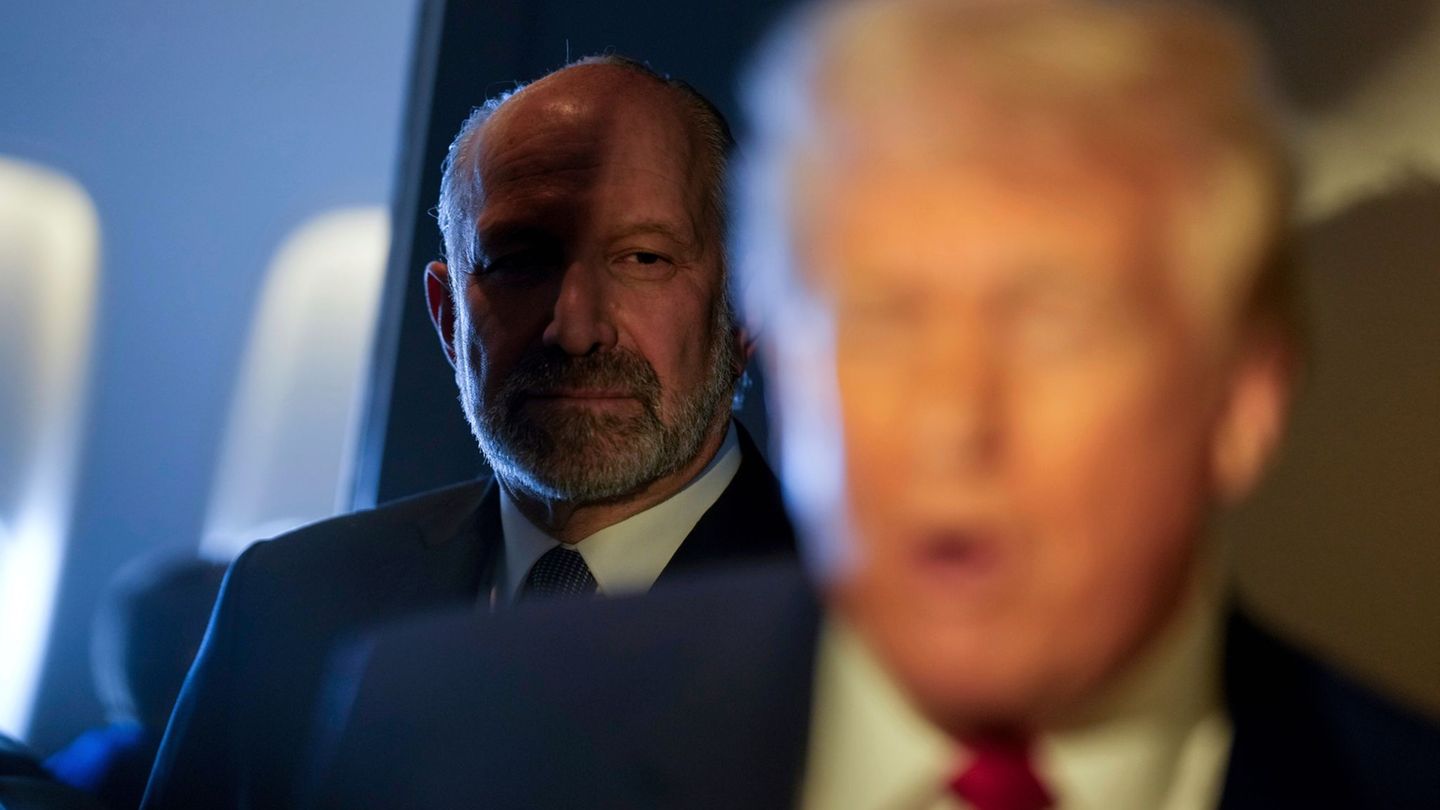Menu
World trade: US government: Customs exception for electronics only temporarily
Categories
Most Read
Christian Lindner rejects criticism of his new job
October 25, 2025
No Comments
Private reserves: High prices slow down savers: “emergency eggs” are often too small
October 25, 2025
No Comments
They estimate sales of about US$2,000 million in two weeks
October 24, 2025
No Comments
Rating agency: Moody’s warns France with a negative outlook
October 24, 2025
No Comments
For the Financial Times, US aid to Argentina is financial imperialism and represents a geopolitical risk
October 24, 2025
No Comments
Latest Posts

Megan Fox and Machine Gun Kelly: Love comeback six months after birth?
October 25, 2025
No Comments
Lisa HarrisI am an author and journalist who has worked in the entertainment industry for over a decade. I currently work as a news editor

Julia Roberts: She likes to cook for the crew on the film set
October 25, 2025
No Comments
Lisa HarrisI am an author and journalist who has worked in the entertainment industry for over a decade. I currently work as a news editor

World Cup start in Sölden: Scheib celebrates home victory at the ski opener – Dürr is the best German
October 25, 2025
No Comments
PierceI am Pierce Boyd, a driven and ambitious professional working in the news industry. I have been writing for 24 Hours Worlds for over five
24 Hours Worlds is a comprehensive source of instant world current affairs, offering up-to-the-minute coverage of breaking news and events from around the globe. With a team of experienced journalists and experts on hand 24/7.

